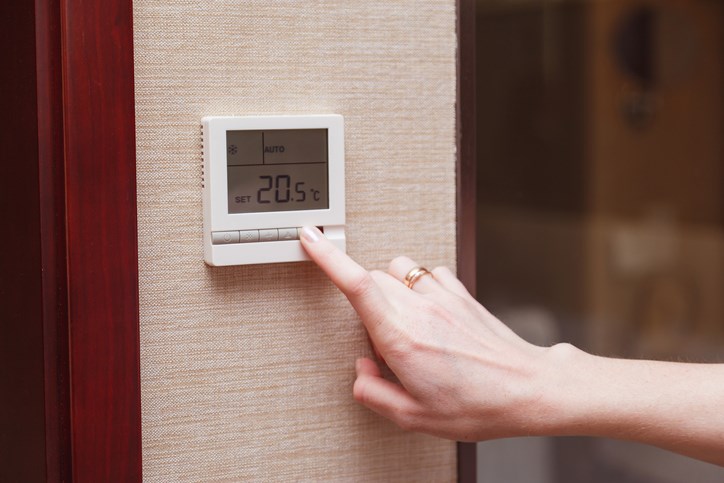Tri-City residents burn through triple the amount of energy over the winter months, and most of that’s due to space heating.
“That means any heat lost is also money lost,” a FortisBC spokesperson said in a press release.
So how can you trim those soaring heat bills and save money?
The natural gas company recommends draft-proofing and sealing leaks, especially around windows and doors. But simply dialling back the thermostat in unused rooms has the potential to save you a few bucks.
Installing programmable thermostats can be a big help. Without having to think about it, they’ll turn down the heat in unused rooms, when you’re sleeping or when you’re not home. That one measure, FortisBC said, can save you up to 15% on your heating bill.
In another FortisBC pilot program, "smart" thermostats were shown to lower natural gas use by 3.5% to 4.5%.
For people looking to cut their heating bill on a budget, income-qualified homeowners may be eligible for a no-cost assessment of their home as well as furnace or insulation upgrades.
So what’s the ideal inside temperature? It depends on your activity level. According to BC Hydro, that means 16 C when sleeping or away from home, 21 C when relaxing or watching TV and 18 C when doing housework and cleaning.
And cranking up the thermostat is not ideal because it doesn’t heat the home any faster than turning it up a degree or two at a time.
But that hasn’t stopped many Canadian couples from fighting over the thermostat.
In 2018, a Canada-wide survey by Research Co. found 30% of Canadians change the thermostat without telling their spouse or partner — with 35% of women more likely to change the settings without warning, compared to 25% of men.
Over the last few days, three low pressure systems dumped up to 40 centimetres of snow on many areas of the Lower Mainland, shutting schools, causing commuter chaos and bringing unseasonably low temperatures across the Tri-Cities.
That has all meant turning up the heat at an unprecedented rate.
Take Tuesday, Jan. 14: British Columbians burned 50% more natural gas than the same day a week earlier, and 75% more than on an average January day.
Which prompts the question: What better time to rethink how you heat your home?



